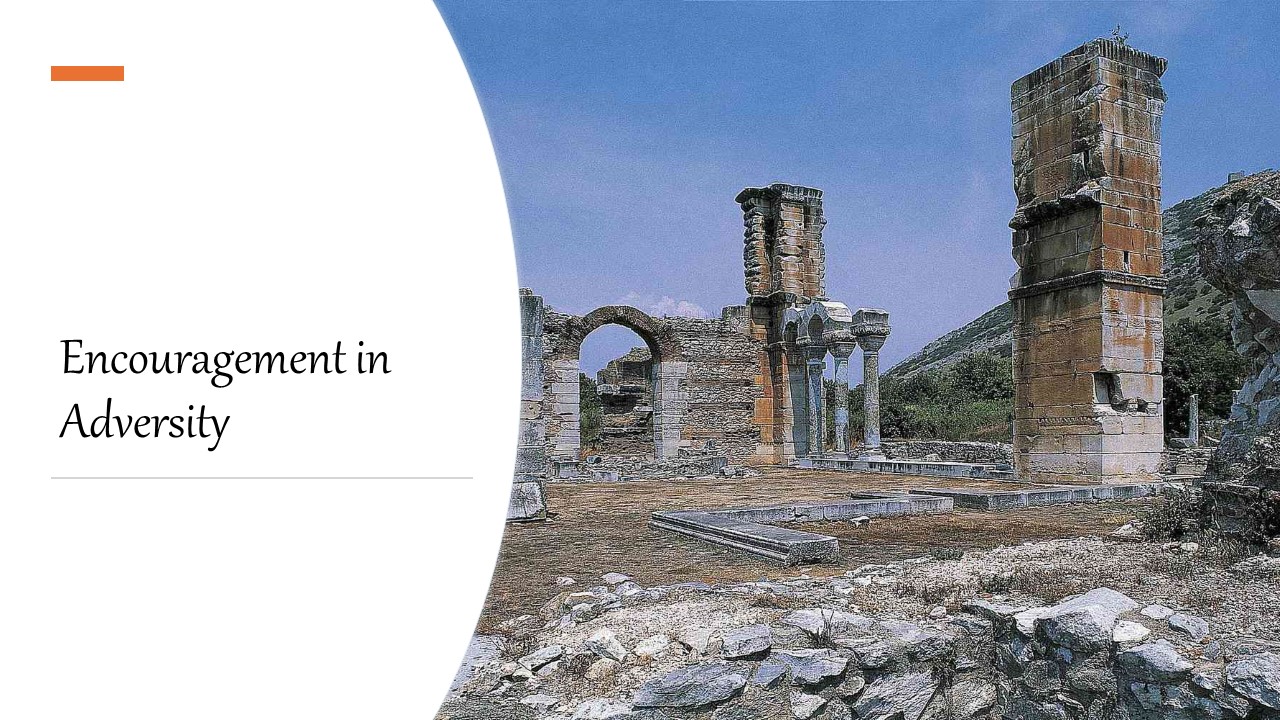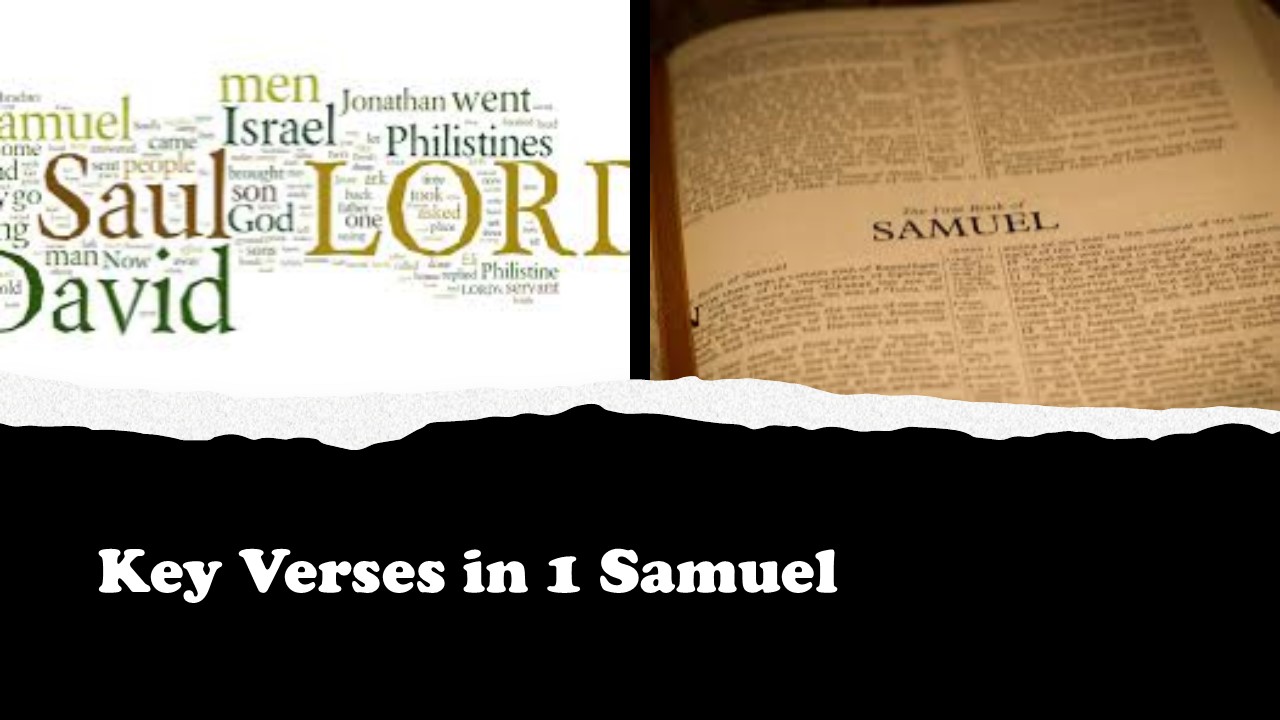The word “canon” comes from the rule of law that was used to determine if a book measured up to a standard. It is important to note that the writings of Scripture were canonical at the moment they were written. Scripture was Scripture when the pen touched the parchment. This is very important because Christianity does not start by defining God, or Jesus Christ, or salvation. The basis of Christianity is found in the authority of Scripture. If we cannot identify what Scripture is, then we cannot properly distinguish any theological truth from error.
Scriptures referenced include 2 Timothy 3:16; Jude 3; Psalm 119:160; Isaiah 9:6-7; Matthew 1:22-23; John 1:1, 2, 14, 20:28; Acts 16:31, 34; Philippians 2:5-6; Colossians 2:9; Titus 2:13; Hebrews 1:8; 2 Peter 1:1; Colossians 4:16; 1 Thessalonians 5:27; Matthew 23:35; 2 Chronicles 24; John 5:18; Acts 18:28; Galatians 3:22; 2 Timothy 3:15; Hebrews 4:12; Matthew 8:8, 16; John 15:3; Ephesians 5:26; Matthew 4:4; Matthew 13:23; Luke 4:36; John 1:1; John 5:24; James 1:21, and 1 Peter 1:23.

The Book of Philippians, written by the Apostle Paul during his imprisonment in Rome, is a letter filled with joy and encouragement despite Paul's...

The Bible uses the imagery of a rock to describe the steadfast and reliable nature of God, particularly focusing on Jesus as the cornerstone...

What are some verses in 1 Samuel on which we ought to meditate? Scriptures referenced include James 1:6 and more than 15 different passages...